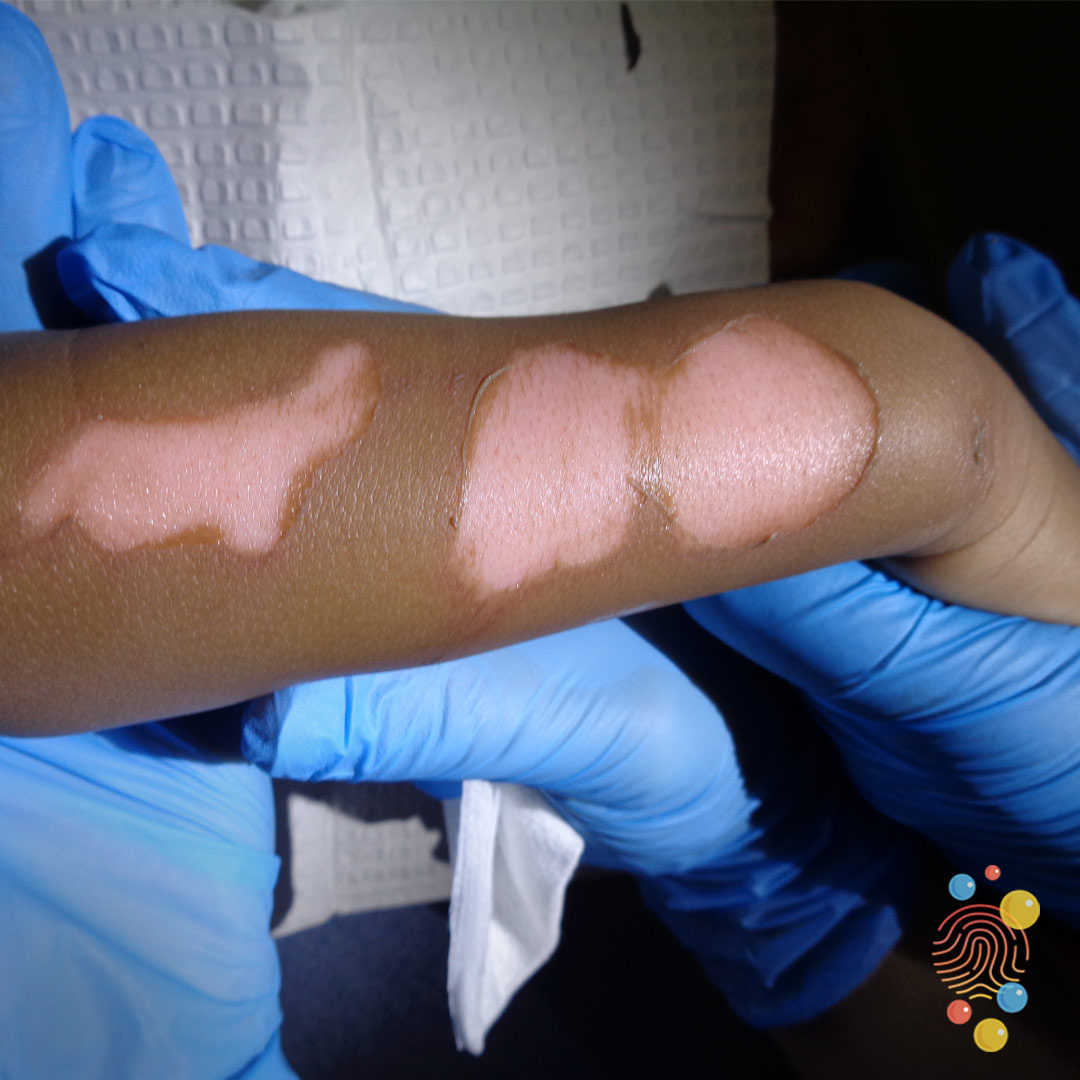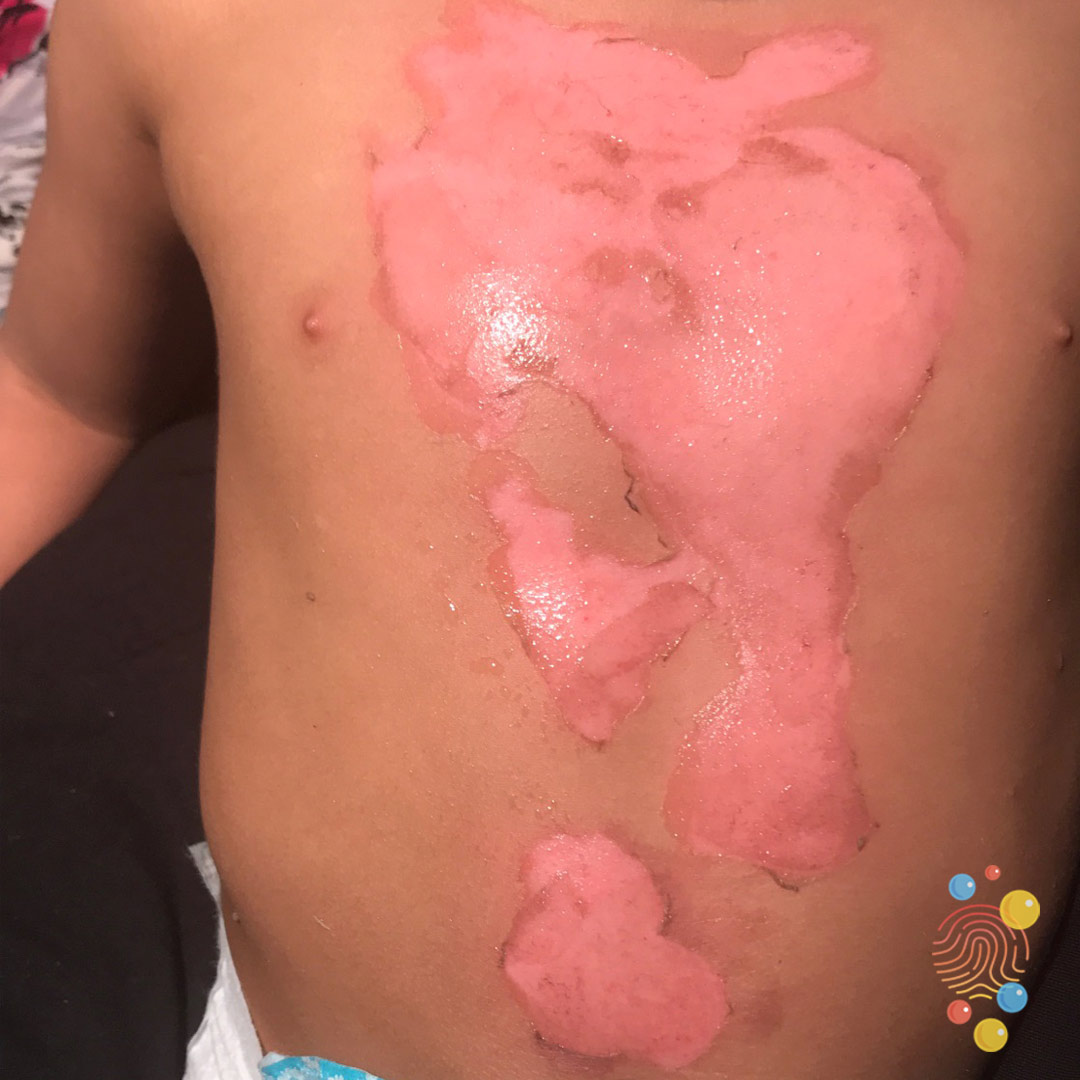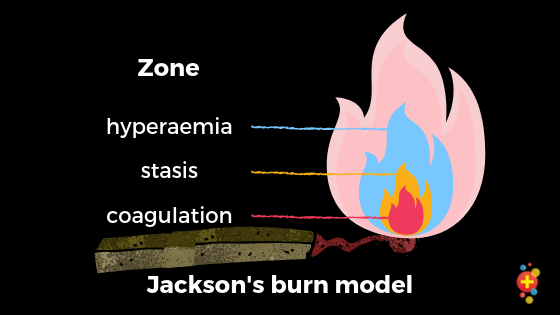
The pandemic has posed new challenges for deaf staff. Inability to lip read through masks, noisy environment, masks muffling sounds all pose new barriers. In our departments, it’s our job to provide support for trainees/staff. A thread - thanks entirely to @DocFizzabella
1/11
1/11
Embarrassingly this isn’t something I’ve had to think about before. Thanks to @DocFizzabella (who is joining us @RLHPED later this year) my awareness is higher. She has provided me with this wonderful framework for support. It's things we can all implement in our department
2/11
2/11
The trainee can apply for Access to Work, a gov funding programme of up to £60k per year per person to pay for all necessary equipment such as radio microphones, transcription service, upgraded hearing aids if required plus many other things that may meet their needs.
3/11
3/11
The person can join the UK Deaf Healthcare Professionals facebook group. A group of many Deaf HCPs - all sharing experiences, advice and support: facebook.com/groups/2838619…
4/11
4/11
The department should get clear face masks. There are a number of options available. Make sure the masks have a window that shows the lips + face (to see facial expressions) and not just the lips.
5/11
5/11
Get deaf awareness training for the team. The person is fully capable but may have difficulty getting the info they need without lipreading. We need patience + understanding of how to communicate clearly without taking the 'easy route' of directing questions to someone else
6/11
6/11
Run regular sims for them to discuss what does/doesn't work to enable clear safe communication. This might involve white boards, hand signals, laminated drugs cards for team to point to, eBoard with algorithms + a scribe that sticks with them to relay anything they miss.
7/11
7/11
Ask the trainee what has helped them so far but understand that ED is a new ever-changing environment so will most likely be a brand new steep learning curve trying to communicate with masks for them as well.
8/11
8/11
Encourage the team to take time to connect + chat with them 1:1 somewhere quiet + keep the social side up. In quiet days when everyone naturally banters, the trainee may struggle to follow any conversations enough to get involved so ends up quite isolated + missing out.
9/11
9/11
@DocFizzabella noticed that one of the hardest aspects as a deaf trainee in the world of face masks is missing out on the unannounced learning that naturally happens around us when you hear someone talk about an interesting XR + you would naturally join + get involved.
10/11
10/11
Missing these bits + others can lead to gaps in their learning. Help them fill that gaps. Above all regularly remind them that we + the team are there to support them + not to be afraid to raise their voice early if they feel that they are struggling or missing out.
11/11
11/11
• • •
Missing some Tweet in this thread? You can try to
force a refresh






